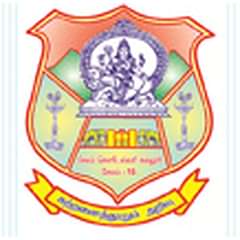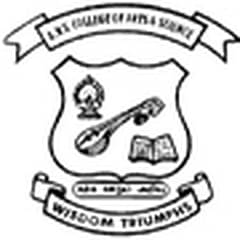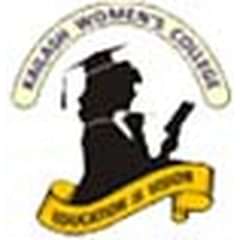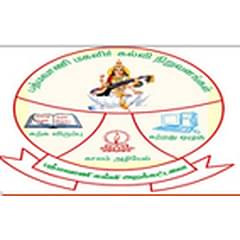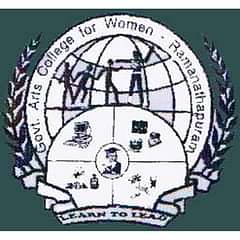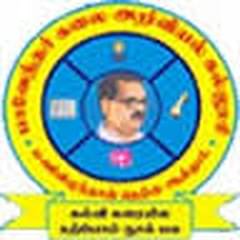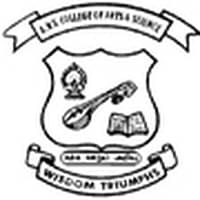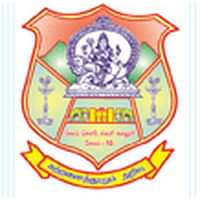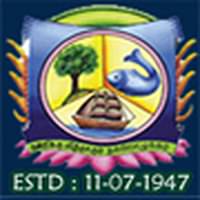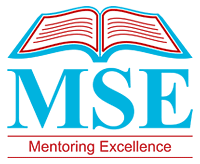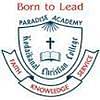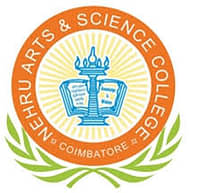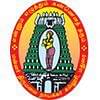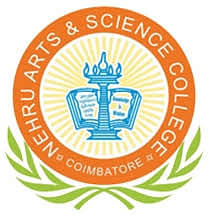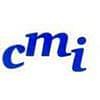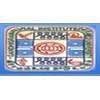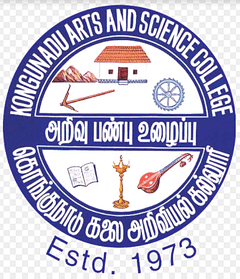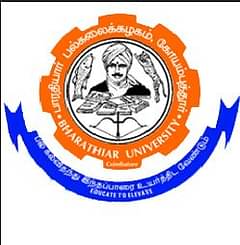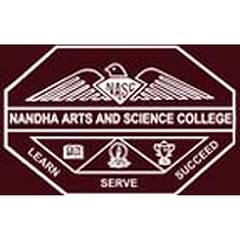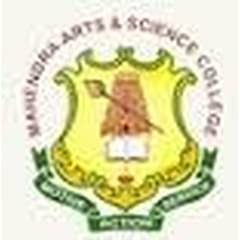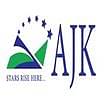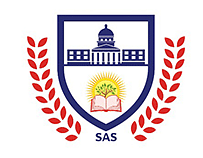Shri Sakthikailassh Women S College (SSWC), Salem B.Com Fees
Shri Sakthikailassh Women S College (SSWC), Salem B.Com is a 3 Years programme offered in specializations like Accounting, Commerce, Computer Application, Banking And Insurance. Shri Sakthikailassh Women S College (SSWC), Salem B.Com admission 2024 will be based on CBSE 12th, Tamilnadu 12th.
4 Courses are offered by Shri Sakthikailassh Women S College (SSWC), Salem
Bachelor of Commerce
B.Com. in Accounting & Finance
B.Com. in Computer Application
B.Com. in Banking and Insurance
Shri Sakthikailassh Women S College (SSWC), Salem B.Com Eligibility Criteria
To be eligible for the B.Com. (Bachelor of Commerce) degree at Shri Sakthikailassh Women's College, Salem, candidates must have completed their higher secondary education (10+2) or its equivalent from a recognized board. They should have studied commerce or business-related subjects as part of their curriculum. Additionally, applicants must meet the minimum percentage requirement set by the college, which may vary from year to year. The selection process may also include an entrance examination or interview, depending on the college's admission policy. Prospective students are advised to check the college's official website or contact the admissions office for specific eligibility criteria and further details.
Shri Sakthikailassh Women S College (SSWC), Salem B.Com Admission 2024
Admission to the B.Com at Shri Sakthikailassh Women S College (SSWC), Salem is subject to meeting the eligibility criteria and the candidates have to secure a valid score in CBSE 12th, Tamilnadu 12th. All shortlisted candidates have to complete the Shri Sakthikailassh Women S College (SSWC), Salem B.Com admission process by getting their documents verified and paying the admission fee.
Shri Sakthikailassh Women S College (SSWC), Salem B.Com Application Process
Shri Sakthikailassh Women S College (SSWC), Salem B.Com application form has to be submitted online by visiting the official website. Candidates aspiring to take admission to the B.Com course at Shri Sakthikailassh Women S College (SSWC), Salem have to first check and meet the eligibility criteria and then proceed further with the application process.
Steps to fill Shri Sakthikailassh Women S College (SSWC), Salem B.Com application form:
- Step 1: Visit the official website of Shri Sakthikailassh Women S College (SSWC), Salem and click on ‘apply online’.
- Step 2: Now, you will be redirected to the admission page of Shri Sakthikailassh Women S College (SSWC), Salem. Complete the registration process and create a profile.
- Step 3: Fill in all details available in the Shri Sakthikailassh Women S College (SSWC), Salem B.Com application form.
- Step 4: Now pay the Shri Sakthikailassh Women S College (SSWC), Salem B.Com application fee and click on submit button.
- Step 5: After the submission, keep a hard copy of Shri Sakthikailassh Women S College (SSWC), Salem B.Com Application Form.
Documents Required for Shri Sakthikailassh Women S College (SSWC), Salem B.Com Admission:
- Marks sheet of class 10th standard
- Marks sheet of class 12th standard
- Transfer certificate (if required)
- Character certificate
- Passport-size photographs
Top Courses at Shri Sakthikailassh Women S College, Salem
Shri Sakthikailassh Women S College (SSWC), Salem Reviews
Infrastructure: In The camlus Laboratory, computer, and library facilities were available. I would recommend students gain in-depth knowledge with the help of faculty members.
Faculty: eachers were friendly and well-educated. You could ask for any academic help from them. They also provided practical knowledge to students. The course curriculum makes students ready for the industry.
Hostel: Hostel rooms had separate cots, shelves, etc. Corridors were maintained neat and clean. Mess food was good and hygienic. The canteen served a variety of snacks and food items.










